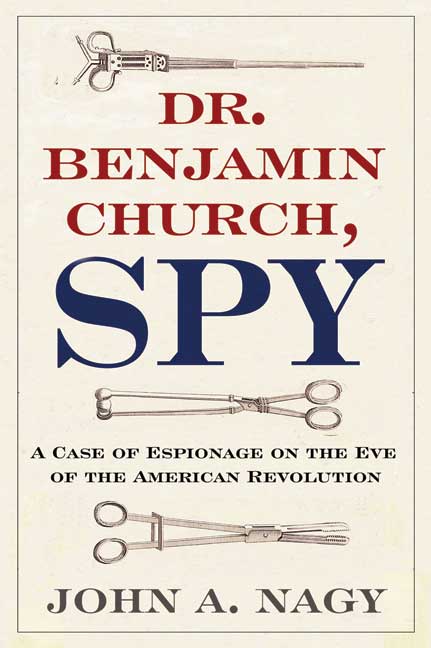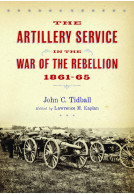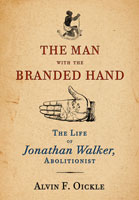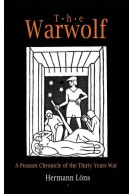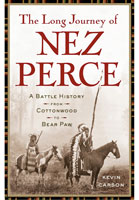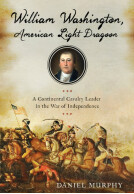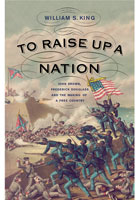Dr. Benjamin Church, Spy (Hardback)
A Case of Espionage on the Eve of the American Revolution
You'll be £19.99 closer to your next £10.00 credit when you purchase Dr. Benjamin Church, Spy. What's this?
+£4.99 UK Delivery or free UK delivery if order is over £40
(click here for international delivery rates)
Order within the next 1 hour, 28 minutes to get your order processed the next working day!
Need a currency converter? Check XE.com for live rates
(click here for international delivery rates)
Order within the next 1 hour, 28 minutes to get your order processed the next working day!
Need a currency converter? Check XE.com for live rates
Dr. Benjamin Church, Jr. (1734–1778) was a respected medical man and civic leader in colonial Boston who was accused of being an agent for the British in the 1770s, providing compromising intelligence about the plans
of the provincial leadership in Massachusetts as well as important information from the meetings of the First Continental Congress in Philadelphia. Despite his eminence as a surgeon—he conducted an autopsy on one of
the victims of the Boston Massacre—and his own correspondence and the numbers of references to him from contemporaries, no known image of him exists and many aspects of his life remain obscure. What we do know is that George Washington accused him of being a traitor to the colonial cause and had him arrested and tried; after being jailed in Connecticut, during which he continued to profess his innocence, he was allowed to leave America on a British vessel in 1778, but it foundered in the Atlantic with all hands lost. The question of whether Dr. Benjamin
Church was working for the British has never been conclusively demonstrated, and remains among the mysteries of the American Revolution.
In Dr. Benjamin Church, Spy: A Case of Espionage on the Eve of the American Revolution, noted authority John A. Nagy has scoured original documents to establish the best case against Church, identifying previously
unacknowledged correspondence and reports as containing references to the doctor and his activities, and noting an incriminating letter in the possession of Library of Congress that is a coded communication composed by Church to his British contact. Nagy shows that at the cusp of the revolution, when the possibility—let alone the outcome—of an American colonial rebellion was far from assured, Church sought to align himself with whom he thought would emerge victorious—the British crown—and thus line his pockets with money that he desperately needed. A fascinating investigation into a centuries-old intrigue, this well-researched volume is an important contribution to American Revolution scholarship.
JOHN A. NAGY, scholar-in-residence at Saint Francis University, Pennsylvania and expert on eighteenth-century espionage, is author of Invisible Ink: Spycraft of the American Revolution and Spies in the Continental Capital: Espionage Across Pennsylvania During the American Revolution, also available from Westholme Publishing.
Other titles in Westholme...







